NYU’s Aid Watch Initiative Held Conference on “What Would the Poor Say? Debates in Aid Evaluation”
By William Easterly During last Friday's conference, participants and speakers leveled a variety of criticisms at aid agencies for lacking accountability and transparency, but also suggested new ideas and expressed hope for a new way forward. Here are some highlights; check back soon for more details and some video footage. Click here for the full conference agenda.
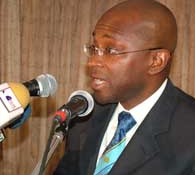
Yaw Nyarko (NYU): “No nation has ever developed because of aid and outside advice.”
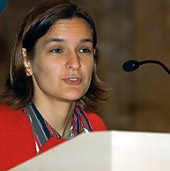
Esther Duflo (MIT):
“Field experiments have a subversive power.” Find her presentation here.
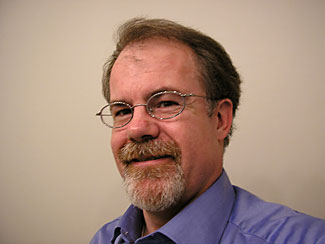
William Easterly (NYU): The institutions of a free society make it possible to answer "what would the people say?" Can we imitate this in aid to know "What would the poor say?" Full presentation here.
Laura Freschi (DRI) on Aid Watch: “We want to act as ONE OF MANY catalysts in the open marketplace of ideas about aid evaluation: inspiring connections, and helping to convert good ideas into opportunities.” Find the text of the Aid Watch launch announcement here.
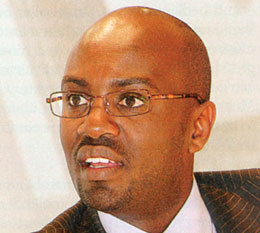
Andrew Mwenda (the Independent): “Aid money makes African governments accountable to the aid agencies rather than to their own people.”
The power of accountability for African governments is shown by some examples when political elites faced a threat to their very existence, like in Rwanda after the genocide or Uganda after Musevni’s takeover in 1986, when both governments instituted pro-development policies.
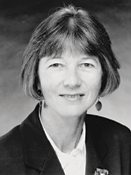
Nancy Birdsall (Center for Global Development): Cash on delivery aid “traps the donors so they are forced to have poor country governments accountable to them and accountable to their own people.” Find her presentation here.
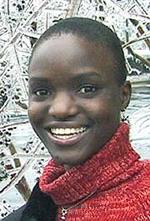
June Arunga (BSL Ghana Ltd.): "Aid money is diverting African skilled professionals away from private enterprise to writing proposals for NGOs.”
When June pitched her idea of using cell phones to facilitate financial transactions to Western investors, one well-known philanthropist expressed disbelief that poor Africans (whom she had seen mainly in pictures begging and starving) had cell phones: “Who do they call?” she asked.

Dennis Whittle (GlobalGiving): “Put up a billboard in each community saying what aid money is supposed to be going towards.” Click here for his presentation.

Lant Pritchett (Harvard University): "Is this information you are gathering from us just to help you write your report or can you really be helpful to us?" - a woman in South Sudan.
Evaluation can help make politically successful development movements into effective ones. Find his presentation here.

Ross Levine (Brown University): “Aid agencies are insufficiently evaluated on advice…financial survival depends on distributing money.” The right advice often violates the imperative: “Don’t interfere with lending!” Click here for more.
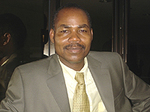
Leonard Wantchekon (NYU): "We African professionals want to be the ones advising our own governments rather than foreign aid professionals!" Find his presentation here.

Karin Christiansen (Publish What You Fund): “In Afghanistan, the government does not know how one-third of all aid since 2001 – some $5bn – has been spent…Liberian civil society organizations couldn’t get basic information [which foreigners could.]” Find her presentation here.

William Duggan (Columbia School of Business): “I wasted 20 years of my life on aid efforts, but now I see some hope for change.” Click here for his short paper (co-authored with Lynn Ellsworth) on "Evaluation, the Poor, and Foriegn Aid."
 From Aid to Equality
From Aid to Equality

